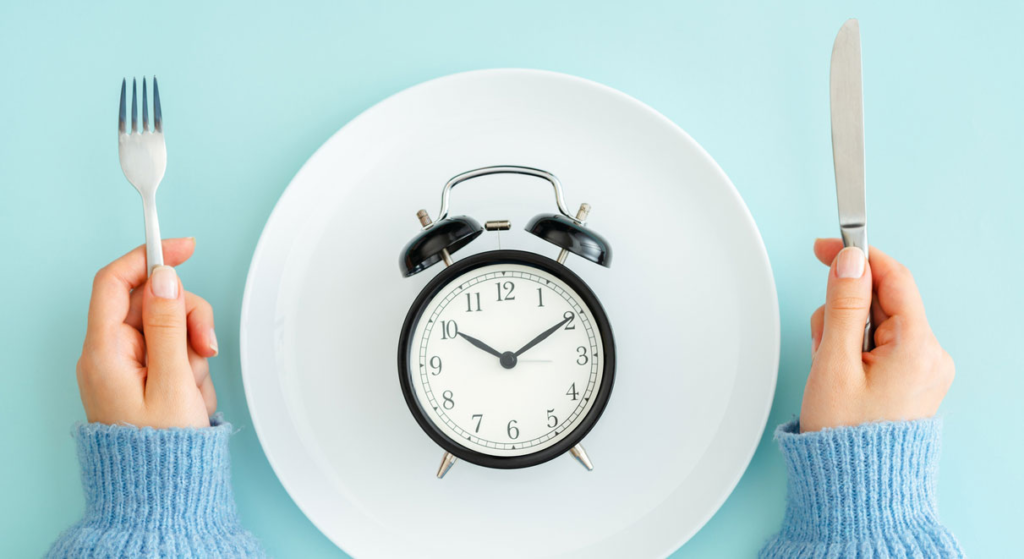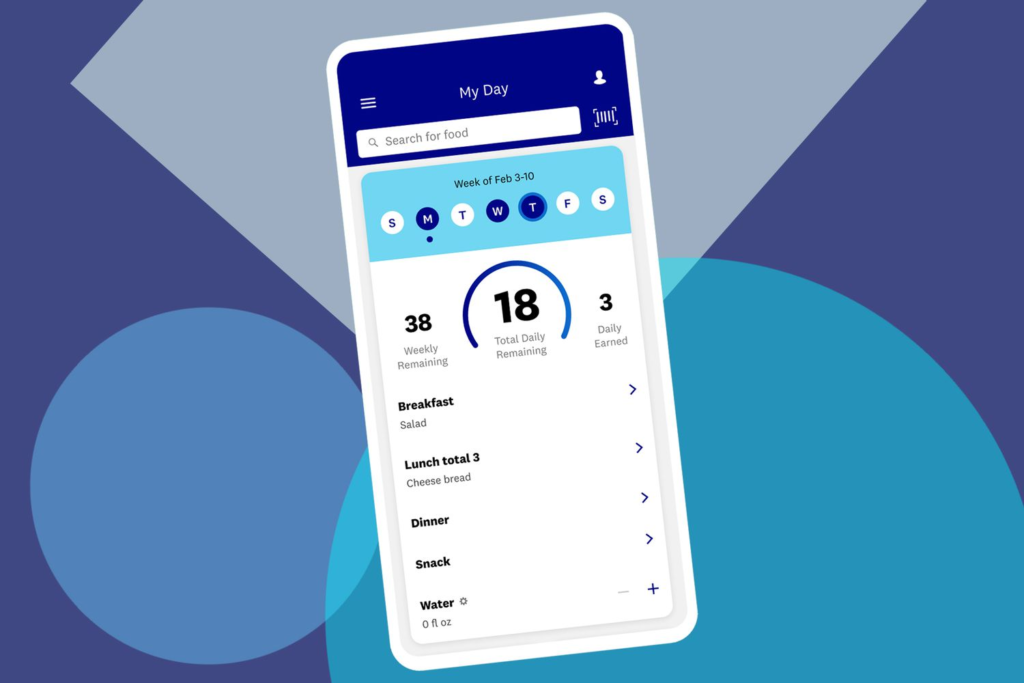Losing weight can become more challenging as we age, but with the right diet and lifestyle changes, it’s entirely possible to achieve and maintain a healthy weight well into your 50s and beyond.
In this article, we’ll explore six of the best diets for weight loss after 50, each of which offers unique benefits and can be tailored to fit individual preferences and needs.
1. Mediterranean Diet

The Mediterranean diet is renowned for its heart-healthy benefits and has been associated with longevity and reduced risk of chronic diseases.
This diet emphasizes whole, unprocessed foods such as fruits, vegetables, whole grains, legumes, nuts, seeds, and olive oil.
It also includes moderate amounts of fish, poultry, and dairy, with limited intake of red meat and sweets.
The Mediterranean diet is not only effective for weight loss but also promotes overall health and well-being.
2. Low-Carb Diet

Low-carb diets, such as the ketogenic (keto) diet or Atkins diet, restrict carbohydrate intake while encouraging higher consumption of protein and healthy fats.
By minimizing carbohydrates, these diets help regulate blood sugar levels and promote fat burning for energy.
Studies have shown that low-carb diets can be particularly effective for weight loss, especially for individuals with insulin resistance or type 2 diabetes, which are more common in older adults.
3. DASH Diet

The Dietary Approaches to Stop Hypertension (DASH) diet is specifically designed to lower blood pressure and reduce the risk of heart disease.
It emphasizes fruits, vegetables, whole grains, lean proteins, and low-fat dairy while limiting sodium, saturated fats, and processed foods.
Although not primarily designed for weight loss, the DASH diet can be effective for shedding pounds, particularly when combined with calorie control and regular physical activity.
4. Plant-Based Diet

A plant-based diet focuses on eating predominantly or exclusively plant-derived foods, such as fruits, vegetables, whole grains, legumes, nuts, and seeds.
This diet is naturally high in fiber, vitamins, minerals, and antioxidants while being low in saturated fats and cholesterol.
Plant-based diets have been linked to weight loss, improved metabolic health, and reduced risk of chronic diseases like heart disease, diabetes, and certain cancers.
5. Intermittent Fasting

Intermittent fasting (IF) involves cycling between periods of eating and fasting, with various approaches such as the 16/8 method, where you fast for 16 hours and eat during an 8-hour window, or the 5:2 method, where you eat normally for five days and restrict calories on two non-consecutive days.
IF can help promote weight loss by reducing calorie intake, improving insulin sensitivity, and boosting fat metabolism.
Many people find intermittent fasting to be a flexible and sustainable approach to weight management, especially as they age.
6. Weight Watchers (WW)

Weight Watchers, now known as WW, is a popular weight loss program that focuses on balanced eating, portion control, and behavior modification.
It assigns point values to foods based on their nutritional content, allowing members to track their food intake and make healthier choices.
WW also offers support and accountability through group meetings, online forums, and personalized coaching. This structured approach to weight loss can be effective for older adults looking to shed excess pounds and adopt healthier habits for the long term.
Conclusion:
While losing weight after 50 may require a bit more effort and attention to detail, it’s entirely achievable with the right diet and lifestyle strategies. Whether you choose to follow the Mediterranean diet, embrace intermittent fasting, or join a weight loss program like WW, the key is to find an approach that fits your preferences, needs, and goals. By making sustainable changes to your eating habits and incorporating regular physical activity, you can achieve lasting weight loss and improve your overall health and well-being as you age.

